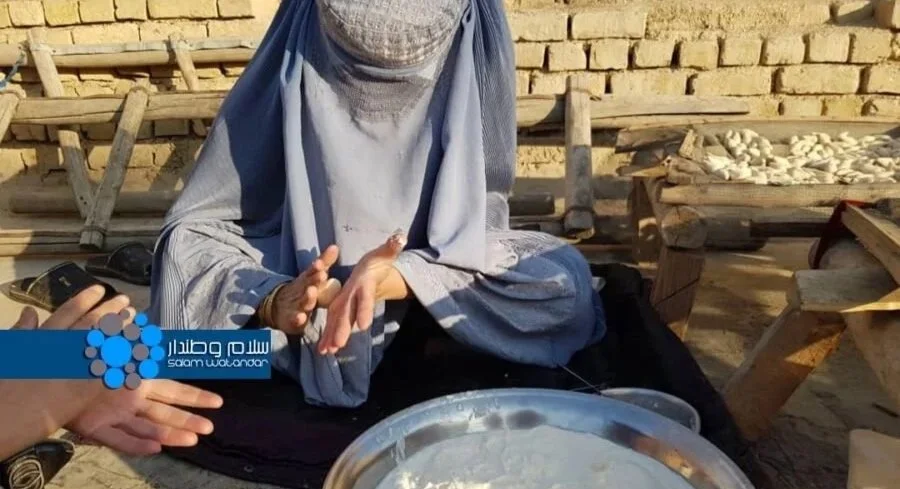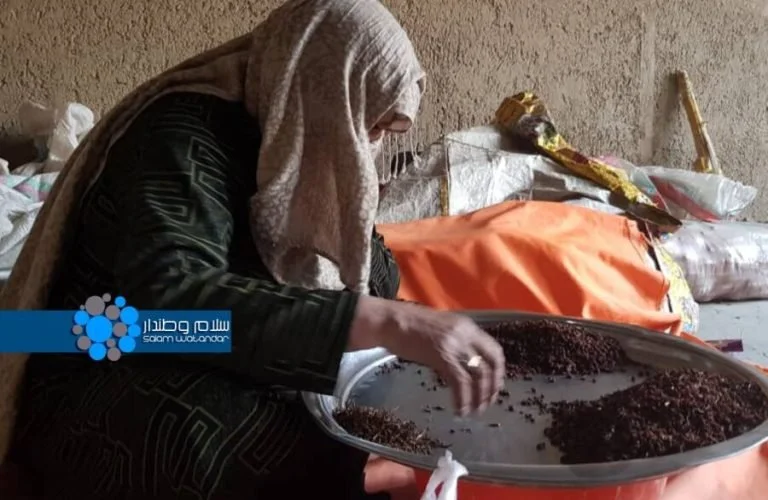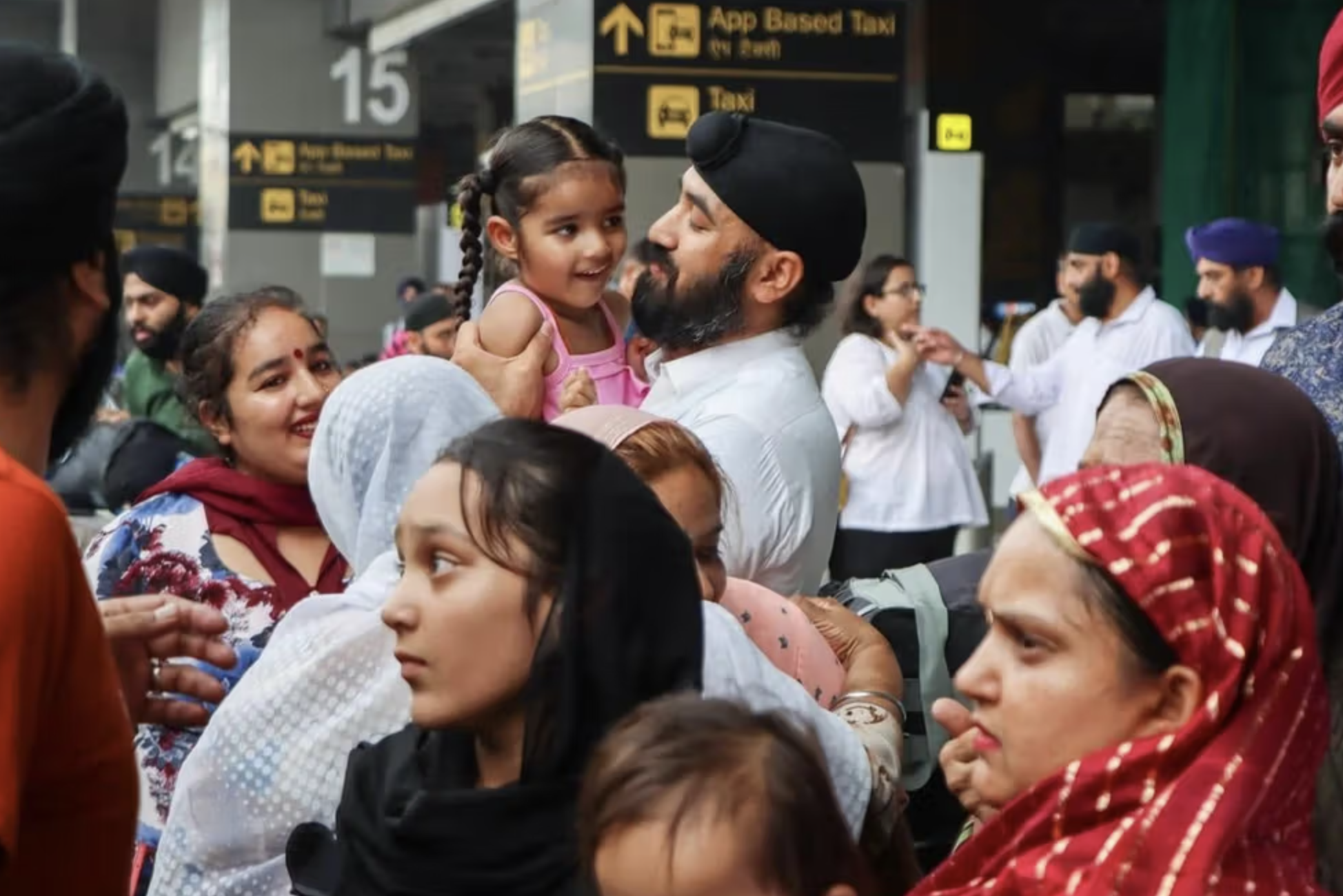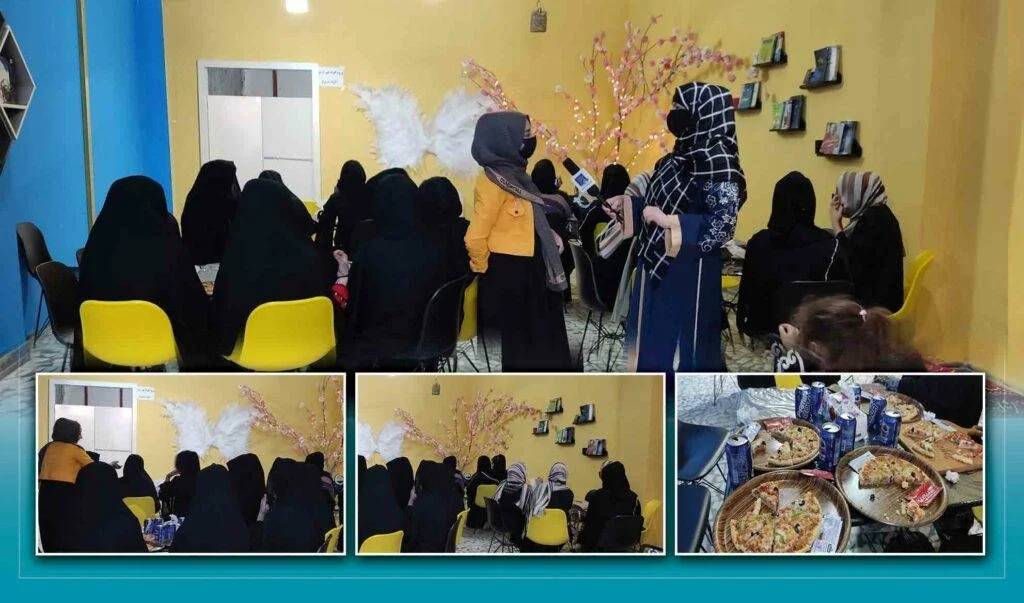
Afghanistan 4 Years After

Afghan Fellows keep reporting, four years after the Taliban takeover
15 August 2025
Four years after the Taliban’s return to power, Afghanistan’s independent press is on the brink. Journalists face detention, harassment, and sweeping censorship that leaves almost no room for dissent. Many have fled; those who remain work under constant surveillance, forced to self-censor or give up reporting altogether.
In 2024 alone, the Taliban closed at least 12 media outlets in seven provinces, according to Reporters Without Borders, part of a broader campaign to erase critical voices. Music, fiction, depictions of living beings, and any commentary on Taliban politics are deemed transgressive, leading to the silencing of television and radio stations across the country.
Since the Fellowship for Critical Voices was launched in 2022, it has recognized the need to stand by Afghan journalists. The project has supported almost 170 Afghan fellows in the country and in exile, with stipends, emergency relocations, and digital and physical security, psychosocial support and training. Over the years, the project has also established partnerships with media outlets to facilitate dissemination of Fellows’ work, ensuring representation of Afghanistan’s diverse communities and voices.
Afghan MiCT Fellows continue to document life under Taliban rule: the erasure of women from public life, the collapse of basic services, and the daily struggles of millions. Produced often at great personal risk, their reporting ensures the world still hears Afghanistan’s untold stories. Below is a selection of their work.

Women in Balkh turn to small home businesses to address economic hardships
By Mahnaz Majeedi
Fellow Mahnaz Majidi documented how women in Balkh, barred from most formal employment, are turning to small home-based businesses to support their families. From making and selling traditional dairy products to producing handmade soap and cleaning raisins, these women generate modest but vital incomes despite limited resources and challenging economic conditions. Their efforts reflect both resilience and the growing economic burden placed on Afghan women under Taliban restrictions.

Four years of Taliban rule have deprived religious and ethnic minorities of fundamental rights, religious freedom, and political participation
By Ziar Khan
Fellow Zian Khar reported on the situation of the religious minorities in the country. Hazaras, Sikhs, Salafis, Ismailis, and other minorities face killings, forced displacement, land seizures, and restrictions on worship, education, and cultural life. Many are excluded from public office, pressured to abandon their faith, or targeted in attacks without protection or justice, deepening Afghanistan’s social divides.

A woman entrepreneur in Nimroz calls for support for women-led businesses
By Shaima Seddiqi
The story showcases Café Narenj in Zaranj, a women-only restaurant employing several women and aiming to expand. Despite starting with limited resources, her café now serves dozens of female customers daily. Esmaili and her staff call on both the Taliban authorities and aid organizations to support women entrepreneurs, highlighting how such businesses provide income, skills, and safe spaces for women in the province.
